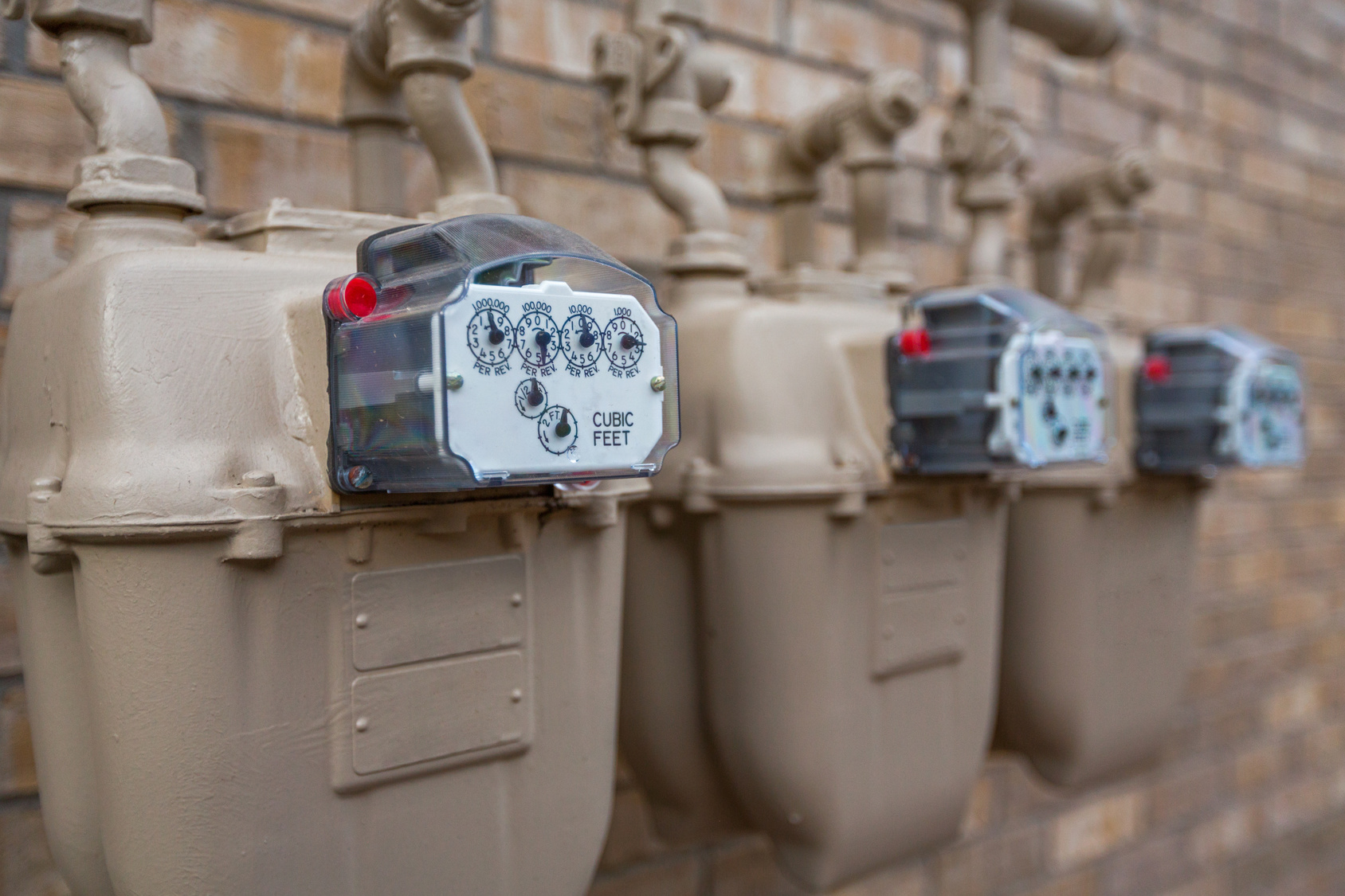Efficiency, in the technical sense, is a measure of the ratio of the work performed by a machine or in a process to the total energy or resources expended. In terms of the heating industry, efficiency is a term generally used to denote the value or effectiveness of a heating fuel or system based on the heat produced vs. the fuel expended. However, depending on how it is used in conversation or analysis, "efficiency" can sometimes turn into a very subjective term. In order to truly quantify the efficiency of oil or gas heat, we need to be more specific in our measurements and the way we discuss them.
In the history of heating and combustion technology, manufacturers and heating specialists alike have made huge improvements in the arenas of heating efficiency and safety. One of the most significant developments in terms of heating safety is the introduction of the burner primary control, which communicates with other heating components and oversees the safe operation of the system. However, systems haven't always been designed this way. As heating systems evolved the primary control became an integral part of the heating system, striving for safety while delivering automatic comfort.
Topics: Oil Heat, Natural Gas Heat, Primary Controls, Heating Technologies
What Homeowners Should Know About Natural Gas Heating
Homebuyers and homeowners across the U.S. have a variety of fuel choices available to them when it comes to heating their homes. While there are plenty of factors to consider when making that choice, being educated about the various fuel types is the best way to ensure the choice they make is the right one. One of the most common fuel types — and one of the most common choices, especially in the Northeast — is natural gas, which has been used in heating since major pipeline infrastructure was constructed starting in the 1920s and booming after WWII.
Topics: Heating Types, Natural Gas Heat
When heating with gas or oil, safety is always the top priority, and over the years, OEMs have counted on the innovations of their suppliers to improve the safety conditions inside their systems. In general, heating safety hinges on every part of the heating systems interacting correctly with the other components they are connected to. But when there are so many vital parts in the system that need to constantly be interacting, the best way to ensure that heating is carried out safely is to introduce a part that oversees the entire combustion cycle — the primary control.
Topics: Oil Heat, Natural Gas Heat, Primary Controls, Heating Technologies





